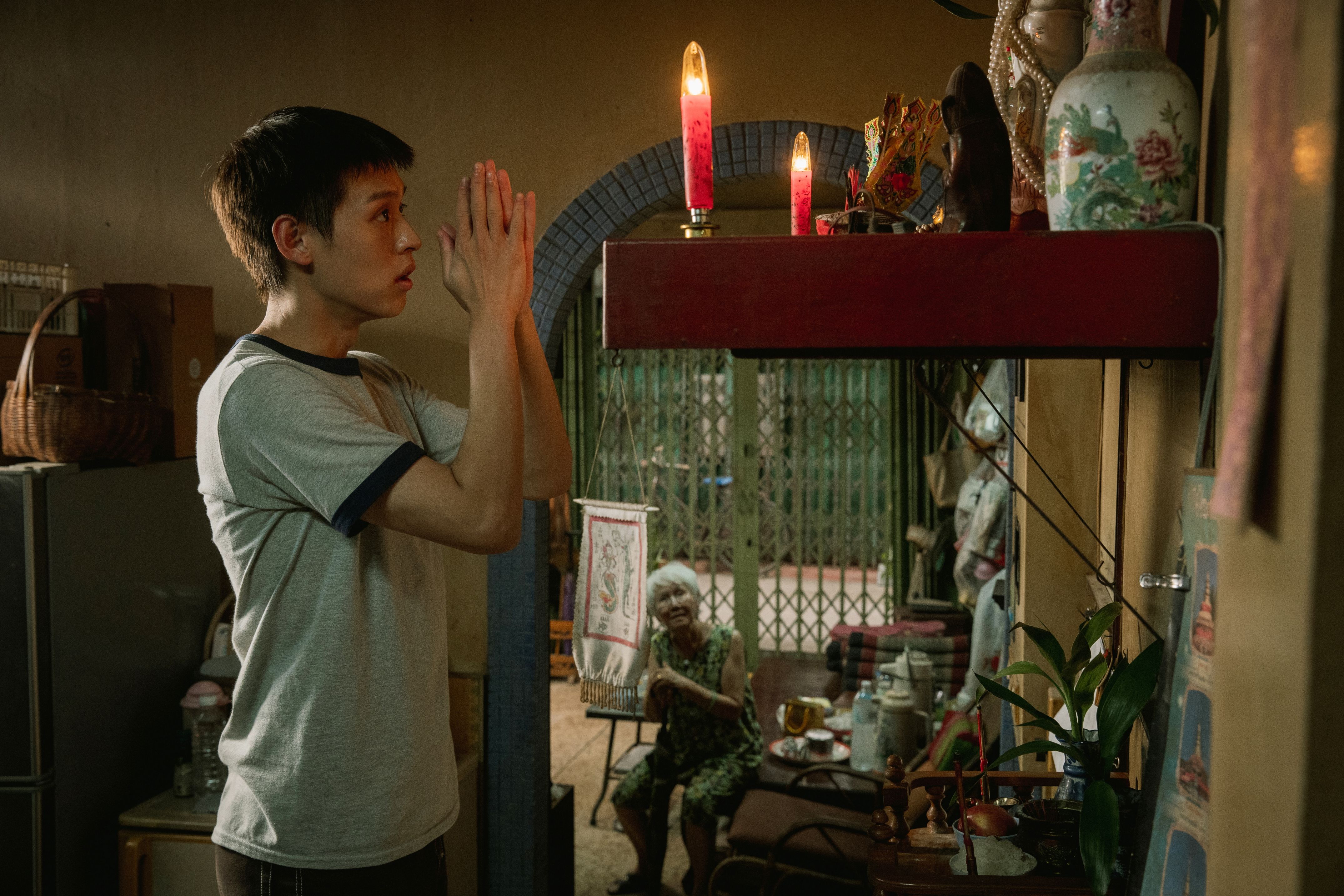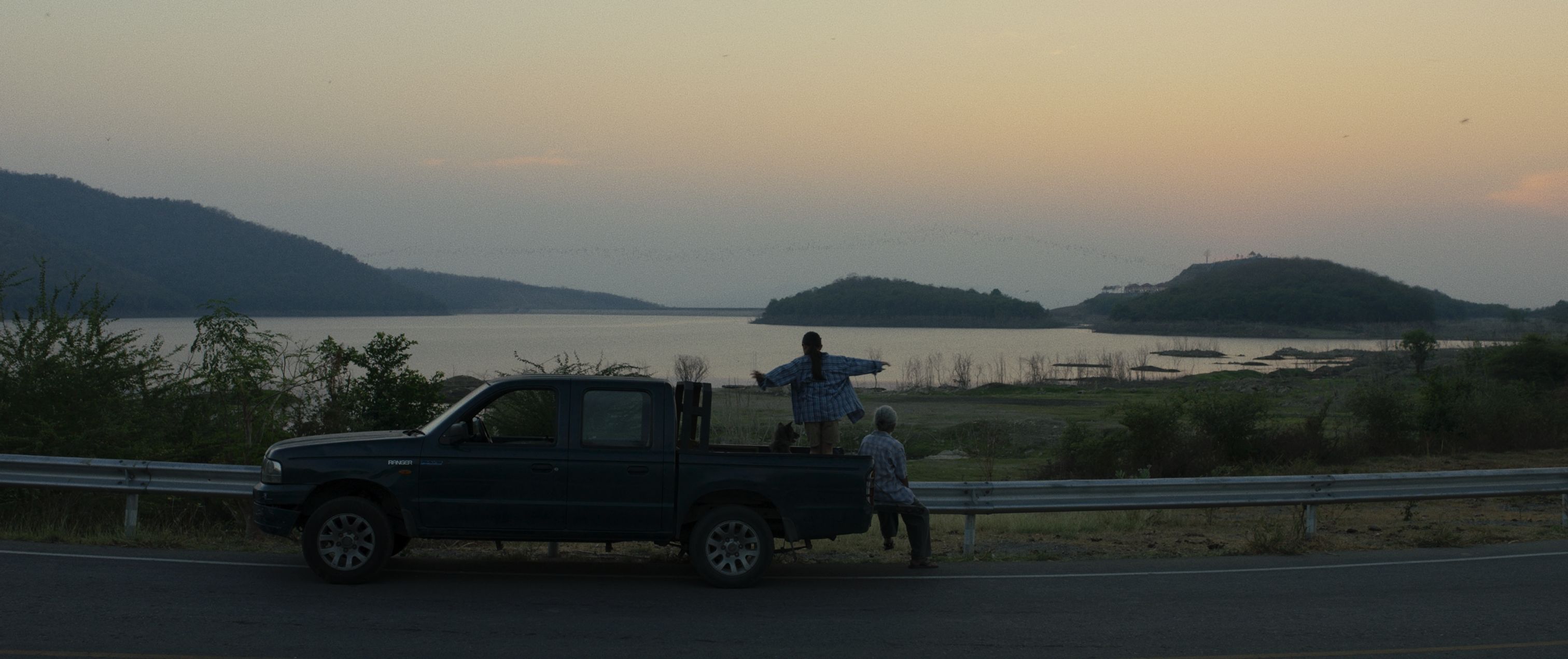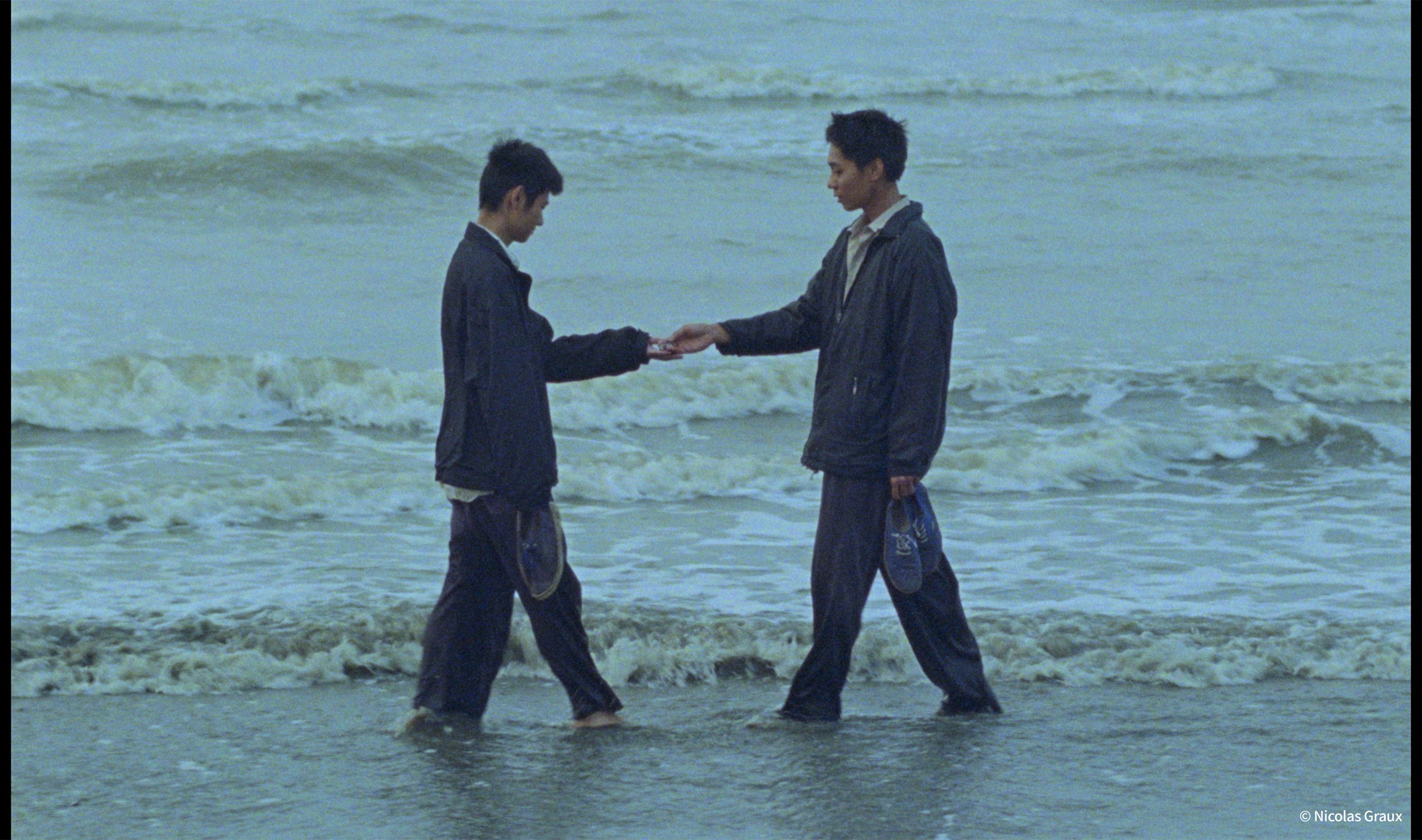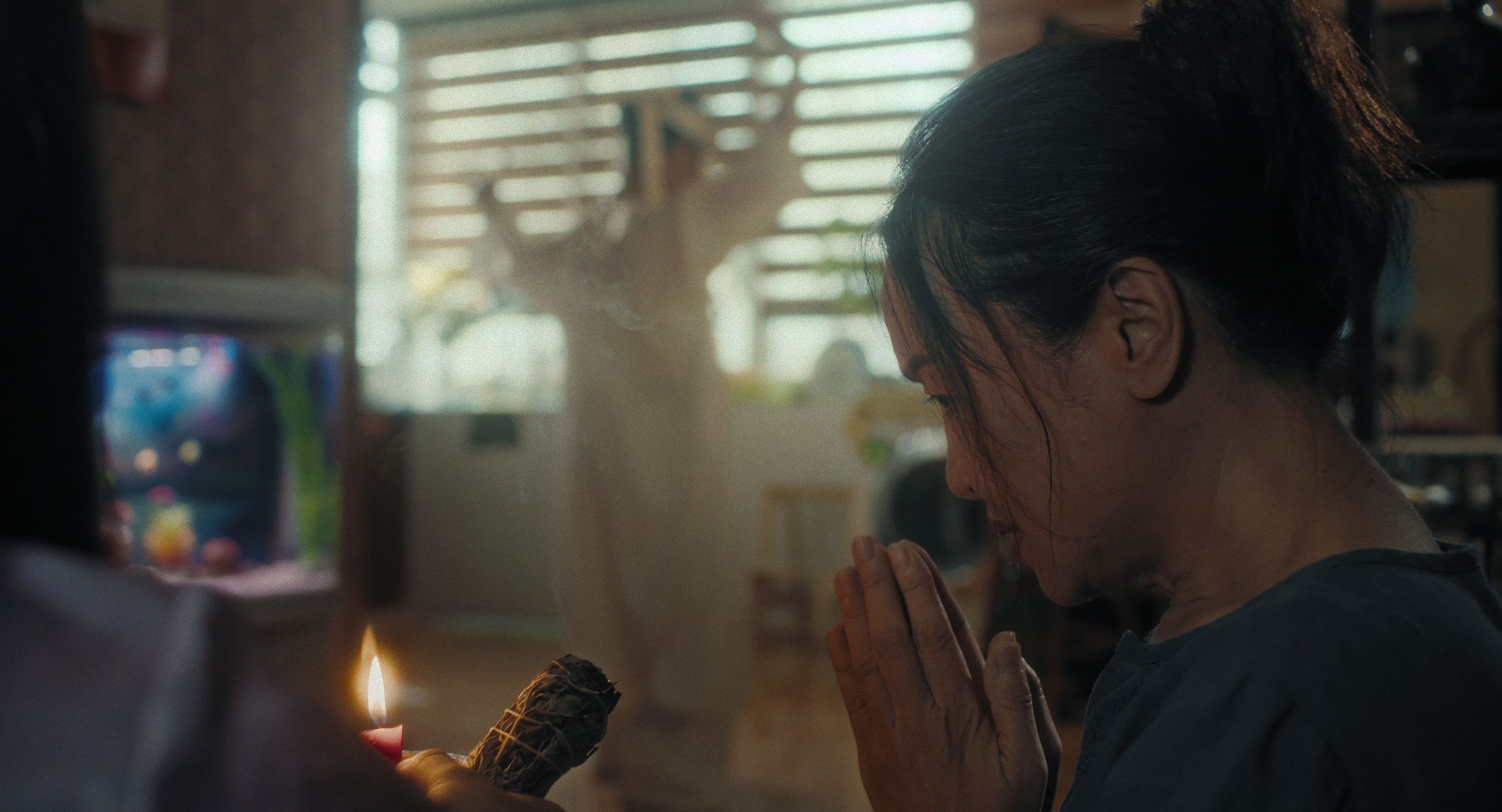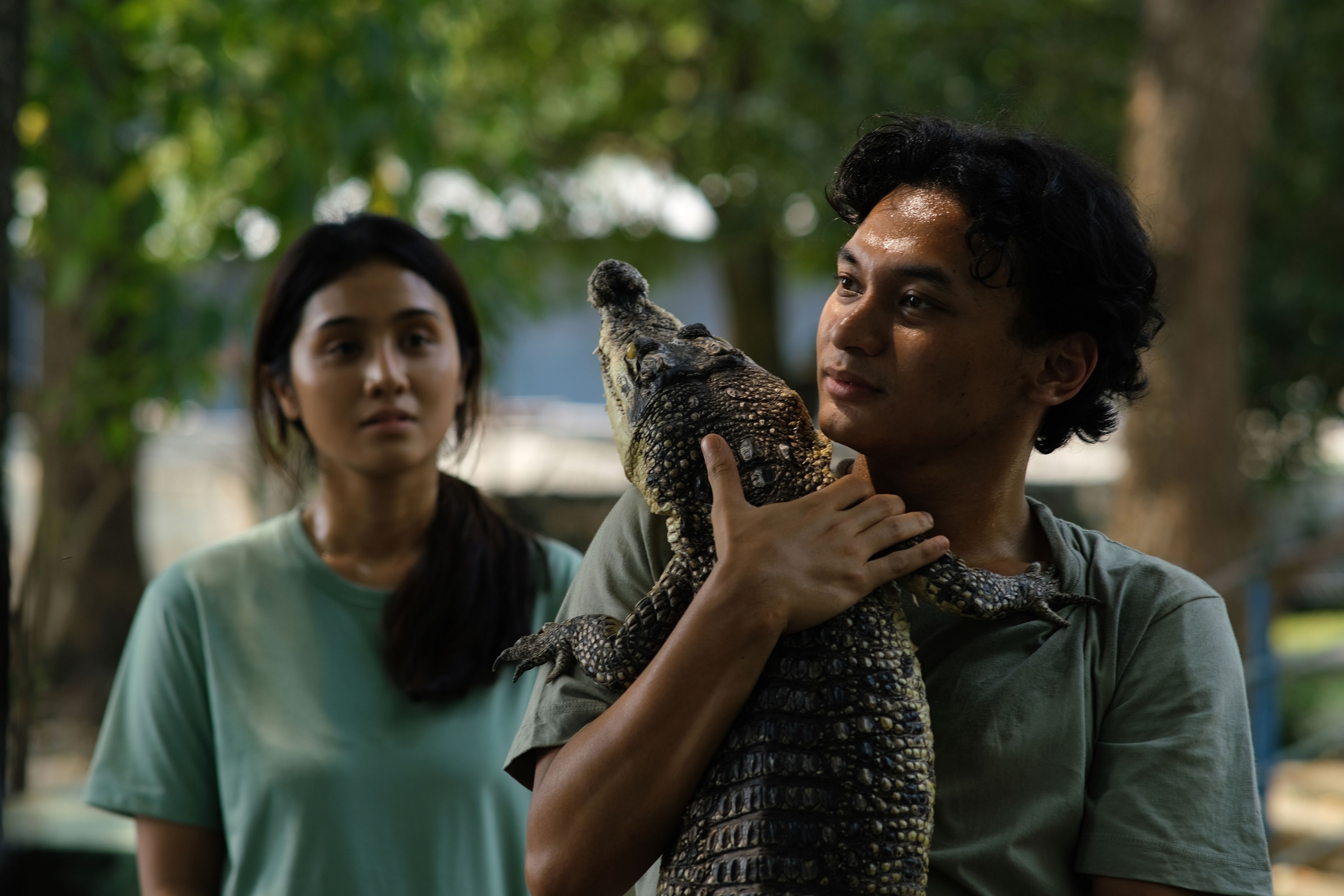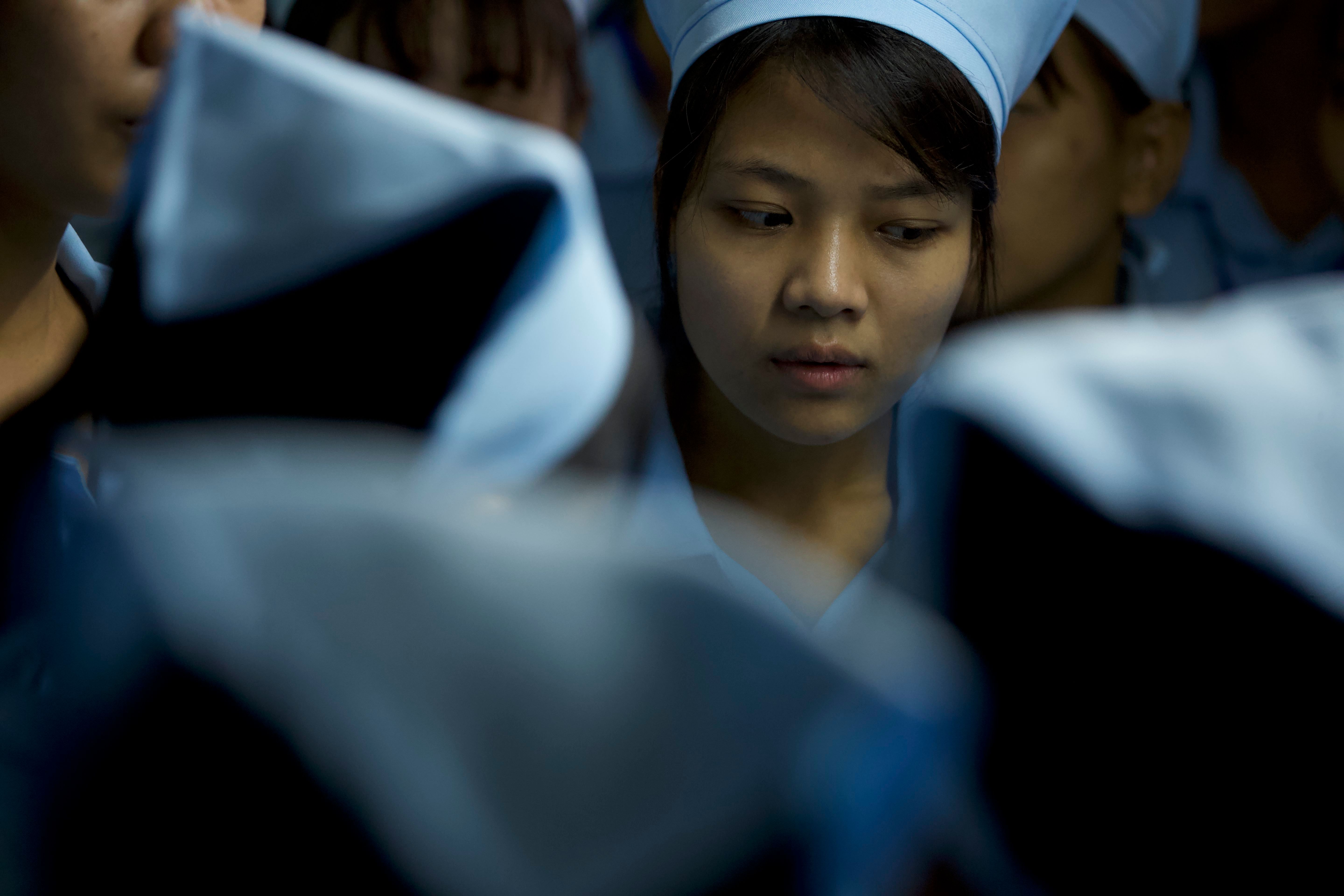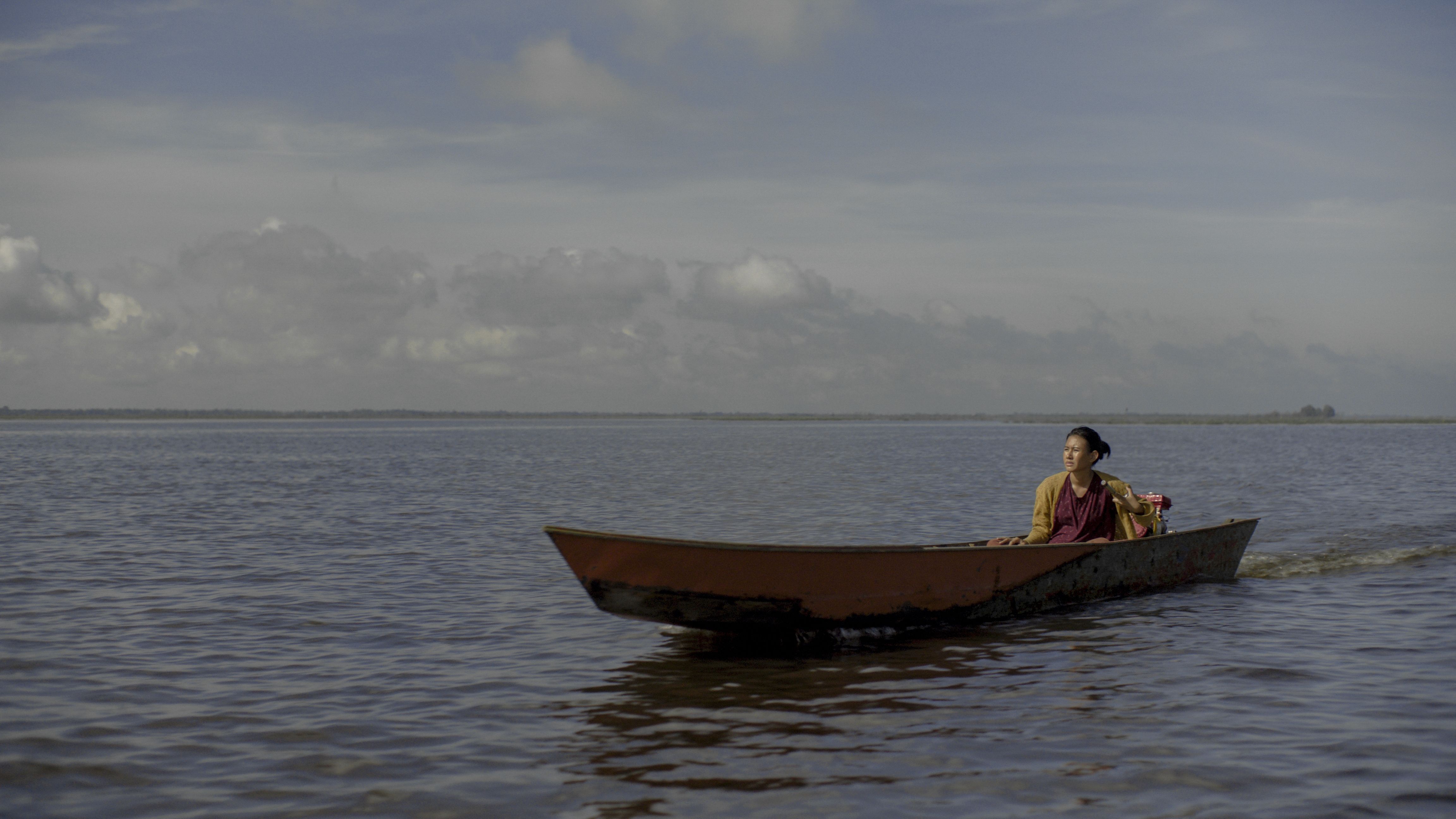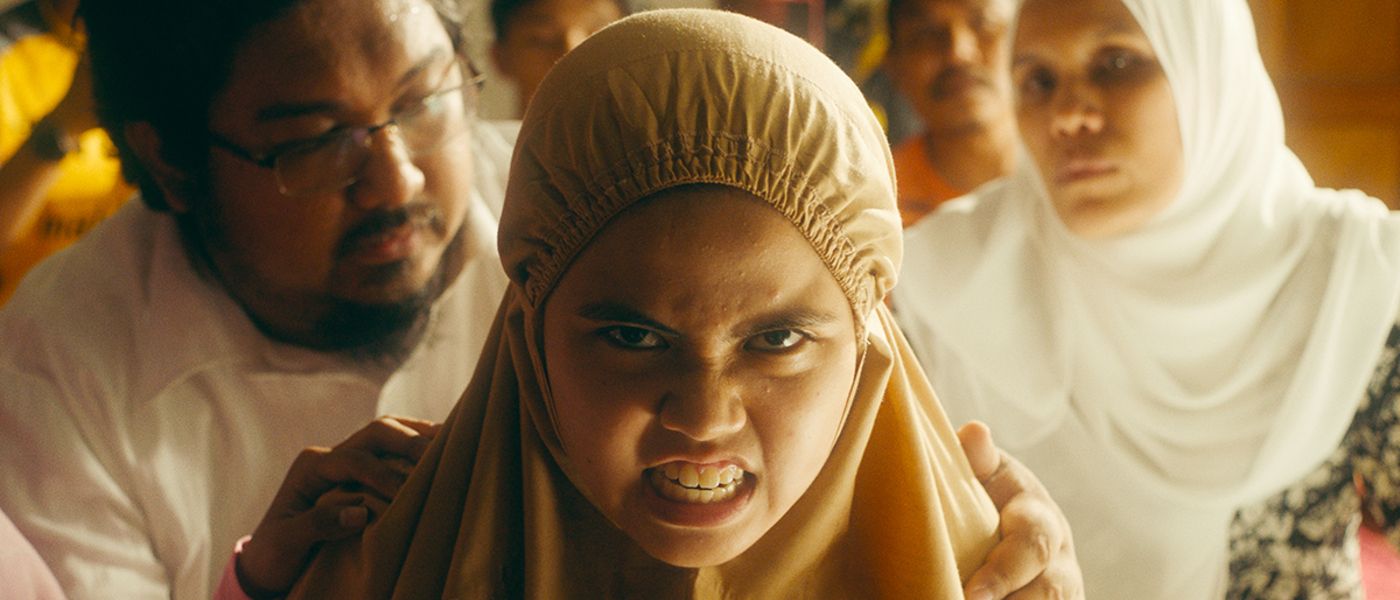Presenting The Kinder Programmer:
The Kinder Programmer is a project designed to bring to our audience members and subscribers recommendations from this year's selection, hand-picked by BIFF's very own programmers.
Only a decade ago, the Southeast Asian film market as a whole was smaller than the Korean film market. Yet, with a steady increase in both quality and quantity, it has come to the point where not only do Southeast Asian films receive great attention from prestigious film festivals around the globe, but they also bring home many awards. Southeast Asia might feel both foreign and relatable simultaneously, as we share the same continent yet are still distant. I encourage you to immerse yourself in the charm of Southeast Asian cinema.
How to Make Millions Before Grandma Dies |
I’ll start with some films guaranteed to make you shed tears. How to Make Millions Before Grandma Dies, directed by Pat Boonnitipat, set a record as this year’s highest-grossing Southeast Asian film in the world. As hinted in the title, I strongly recommend bringing tissues to the theater. This film also recently went viral on social media, as audiences posted themselves crying after watching it.
Lawrence Fajardo will visit Busan for the first time in 12 years with The Hearing. This film tells the story of a deaf boy and is full of sadness but also hope. The Hearing will also make you cry, especially with the outstanding performance of the child actor who won the Best Actor Award in the Cinemalaya Philippine Independent Film Festival.
From Thailand, which has an abundance of talented writers of art films as well as commercial films, Sivaroj Kongsakul is visiting Busan for the first time in 14 years, with Regretfully at Dawn. With few characters, the film vividly portrays the inseparable relationship between humans and society.
For cinephiles, it is impossible not to notice the rapid growth of Vietnamese cinema in recent years. Director Truong Minh Quy’s film Viet and Nam, invited to the Un Certain Regard section of the Cannes Film Festival, portrays the love between two men with the delicate texture like an ink-wash painting.
Director Dieu Linh Duong’s Don’t Cry, Butterfly, invited to the Venice International Film Festival Critics’ Week, is a story filled with laughter and tears, focusing on a mother and daughter dealing with an unfaithful husband and father. Interestingly, it happens that both Vietnamese directors and the Indonesian director to be introduced next are all Asian Film Academy alumni.
Tumpal Tampubolon, who received the Sonje Award in 2021, returns to Busan with his debut feature, Crocodile Tears. Crocodile Tears is remarkable for its powerful editing, as the film masterfully sustains the theme of distorted maternal love.
The Maw Naing’s MA – Cry of Silence, the first film from Myanmar to be invited to the New Currents section in four years, also stands out for its vivid portrayal of the internal and external struggles of an 18-year-old girl who becomes the head of her household.
Indonesian director Loeloe Hendra’s Tale of the Land features the famous Indonesian actor Shenina Cinnamon, a frequent guest at Busan, who plays a native woman striving to overcome trauma. Finally, for those who haven’t yet seen Malaysian director Amanda Nell Eu’s Tiger Stripes, which boldly and imaginatively explores a young girl’s journey through puberty, this is the perfect opportunity, as a GV session is also scheduled to take place.
To describe the films of Southeast Asian master directors this year in a few words, it would be “liveliness” and “high immersion.” Director Rithy Panh’s Meeting with Pol Pot transports us back to 1970s Cambodia, at the height of the fundamentalist communist revolution, Khmer Rouge. Meanwhile, in the Philippines during the same era, there were violent clashes between Christian and Islamic fundamentalist groups, and Lav Diaz’s over four-hour epic Phantosmia shows the despair of these periods.
Brillante Mendoza’s Motherland touches on the 2015 Mamasapano clash, which resulted in many casualties, and poses sharp questions about the concepts of ‘nation’ and ‘heroism.’
In the Wide Angle – Asian Short Film competition section, an astonishing 4,351 entries were submitted. After a rigorous selection process, ten films were finally chosen. This year, there was a noticeable increase in works exploring identity-related struggles and conflicts, both internal and external. Each of the ten selected shorts are unique; some offer a contemplative view of warmth or suffering, while others showcase the charm of short films through shining creativity. I encourage you to make the time to watch these films.
Above all, the pinnacle of Southeast Asian cinema this year is arguably Eric Khoo’s Spirit World, the closing film of the Busan International Film Festival. Spirit World portrays the journey of a French singer approaching her twilight years, as she travels to Japan for her final concert and searches for the meaning of human existence. I highly recommend this masterpiece, especially for the seamless performances by Catherine Deneuve and Takenouchi Yukata. Most of these films will hold a GV session, so I kindly ask for your continued interest and support.






